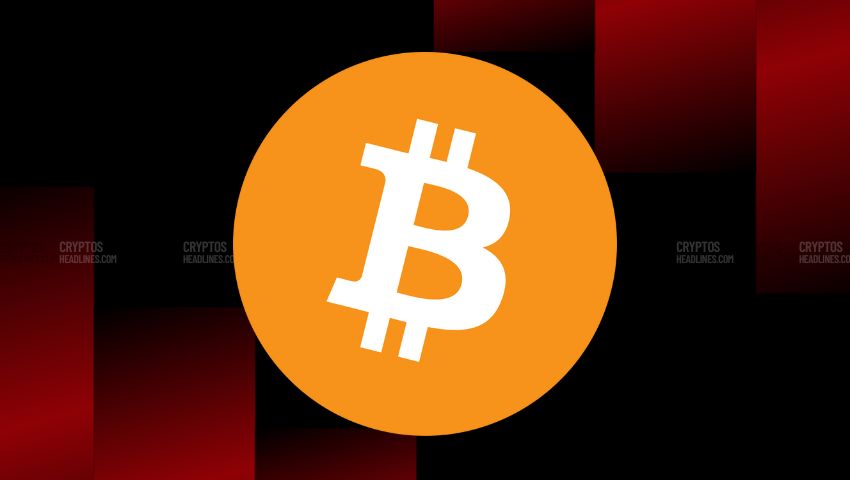Max Keiser has expressed concerns about the potential approval of the Bitcoin ETF, suggesting that it could lead to the confiscation of investments in the future.
As people on Satoshi Street eagerly anticipate the debut of the inaugural Bitcoin ETF, Bitcoin enthusiast Max Keiser has been expressing concerns about this new financial tool, signaling potential issues.
Max Keiser Raises Concerns about BTC ETF and Government Seizure
Bitcoin advocate Max Keiser has voiced apprehensions, asserting that holders of Bitcoin ETFs (Exchange-Traded Funds) may not be protected against potential government seizure. He claims that the U.S. government might have intentions to confiscate all Bitcoin held within ETFs, citing national security interests as the motivating factor.
Keiser pointed to an excerpt from the Valkyrie Bitcoin Fund Form S1 Registration Statement, suggesting that a U.S. federal regulator could compel the Trust to liquidate or take control of the Bitcoin, using terms like “seize,” “impound,” and “restrict” access to the Trust’s assets.
He argues that such actions would contradict the decentralized nature of Bitcoin. It’s important to note that spot BTC ETFs issue shares based on physical Bitcoin purchases, which are held by designated custodians rather than being self-custodied. Recently, a former SEC veteran also criticized Bitcoin ETF applicants, referring to them as opportunists.
https://t.co/1rLrQVspus pic.twitter.com/po96XAHOuA
— Max Keiser (@maxkeiser) January 7, 2024
James Seyffart, Bloomberg’s senior ETF strategist, acknowledged Keiser’s concerns, noting, “However outlandish the prospect of this may be in my opinion. It’s the first criticism of Bitcoin ETFs that I’ve seen from Max in recent days that I guess is technically true?”
Seyffart added a cautionary note, advising individuals with concerns about government seizure or a desire to hedge against societal collapse to reconsider investing in BTC ETFs.
Debating Bitcoin ETFs and Gold ETFs: Safety and Confiscation Concerns
There has been a ongoing discussion regarding whether Bitcoin ETFs (Exchange-Traded Funds) can generate the same level of enthusiasm as Gold ETFs did and if they provide a comparable level of safety. Bloomberg ETF strategist James Seyffart has entered the conversation, suggesting that gold ETFs face more potential issues, such as concerns about impurities and fake bars.
Seyffart emphasizes that a Bitcoin ETF, particularly one with proof of reserves and transparent practices like sharing addresses, may pose fewer risks compared to gold ETFs.
Honestly. However outlandish the prospect of this may be in my opinion. It’s the first criticism of #Bitcoin ETFs that I’ve seen from max in recent days that I guess is technically true? https://t.co/kyjQx9IGsM
— James Seyffart (@JSeyff) January 7, 2024
However, a user named Bitcoin Lens on the X platform raised a counterargument, stating, “Bitcoin ETFs are much easier to confiscate by governments. A decree to turn over the keys to the government. Done. When it is so easy to do, they will be more tempted to do.”
In response, Seyffart acknowledged the possibility, saying, “I mean, of course. The same can be said about gold in vaults. It’s literally happened before. But nothing about the ETF is stopping you or anyone else, for that matter, from keeping your Bitcoin in cold storage. That’s my point.” This exchange reflects the ongoing deliberation around the safety and confiscation concerns associated with Bitcoin ETFs in comparison to traditional assets like gold.
Important: Please note that this article is only meant to provide information and should not be taken as legal, tax, investment, financial, or any other type of advice.
Join Cryptos Headlines Community
Follow Cryptos Headlines on Google News











